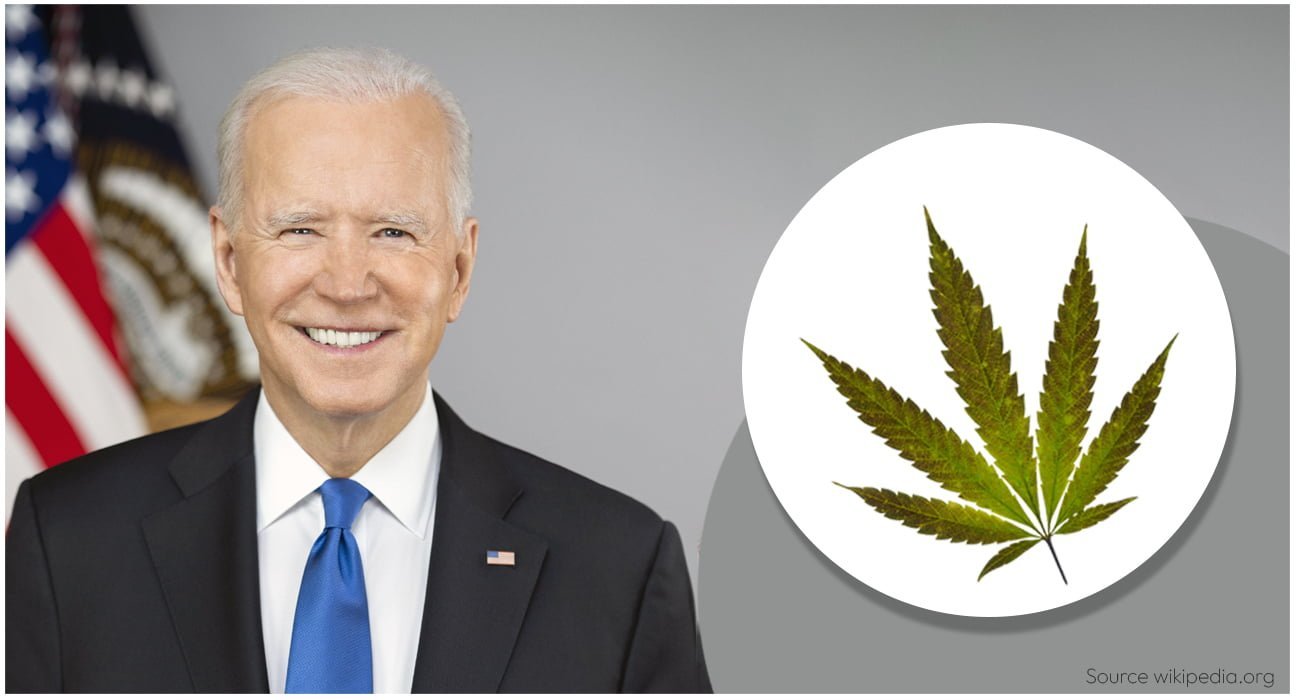A clinical psychiatrist at Columbia, Irving Medical Centre published a research this month stating that high usage of Cannabis and legalization of weed in Us can increase the risk of youth crisis. According to Dr. Nora Volkow, the head of the National Institute on Drug Abuse (NIDA), “There is a big sense of urgency not just because more people are smoking marijuana, but because more people are using it in ways that are harmful, with higher and higher concentrations of THC.”
Cannabis and Schizophrenia
Researchers from Denmark and the US National Institutes of Health collaborated on one of the studies that revealed evidence of a link between schizophrenia and cannabis use disorders. Although it was also observed in women of the same age, the finding was more startling among young men aged 21 to 30.
With Minnesota set to be the next state to legalize marijuana, there are already 22 states of the US that permit its recreational use. Uncertainty exists over the role that recreational cannabis legislation has in adolescent consumption, but Volkow has made juvenile cannabis use one of NIDA’s main goals. According to the most recent data from the FDA, daily marijuana usage among young adults has reached record highs, with more than one in ten of those aged 19 to 30 now reporting use on a daily basis and nearly half reporting use within the last year.
Cannabis and Mental health disorder
An earlier this month published study by Sultan and Columbia researchers indicated that teens who use cannabis only sometimes had a two to four times higher risk of developing psychiatric illnesses, such as depression and suicidality, than those who never use cannabis. The relationship between marijuana and psychiatric problems is debatable because research on the subject has only been observational and indirect, not showing cause and effect. It’s unknown whether cannabis usage alone causes mental issues or whether it’s more common in persons who have or are developing psychiatric diseases. Many reputed professionals have stated that legalization of cannabis can have a massive concern for US and can put a threat on their youth.
Impact of Legalization of marijuana use
An analysis published earlier this month in the journal Substance Abuse reveals that preliminary data, particularly in Oregon and Washington, indicate that legalization is increasing rates of cannabis use among young adults aged 18 to 25, particularly in those states. The data in other age groups was a little less clear, and further research is required to understand how legalization is affecting cannabis usage rates, according to the study, which was conducted by academics from McMaster University in Canada.
Volkow’s concern is the ease with which products can be blended, resulting in a high total dose of marijuana consumed, in locations where marijuana is legalised and made more accessible. She claims that one of the main problems is the absence of regulations governing the amount of THC included in products. THC concentrations in marijuana used decades ago ranged from 2 to 3%, whereas those in cannabis products today can reach up to 90%. That’s not even the case with alcohol, she explained, because spirits can only contain a particular percentage of alcohol. “The same is true with tobacco cigarettes; you can control the amount of nicotine they contain. We don’t have any rules here. Volkow argued that THC potency is important because bigger doses of cannabis are more likely to be associated with psychosis.
Affected Age group
The human brain is the last organ to fully mature and takes until the mid-to-late 20s to complete. As a result of their developing brains, teenagers and young adults are especially susceptible to the effects of cannabis. Sultan stated that if you’re going to smoke marijuana, 26 or later is the optimal age to do it.
According to specialists, those who wait until they are at least 26 years old are considerably less likely to acquire addictions or mental illnesses. The adolescent and young adult age span carries the biggest hazards.
However, Sultan advised against using cannabis at all for those who have a family history of a psychotic condition.
Impact of Cannabis on Brain Development
Although researchers are still learning about how marijuana use affects growing brains, evidence to date suggests that teens who use marijuana may experience difficulties with learning, memory, and attention.
Levy referred to the potential psychotic symptoms as “interfering with the connections that we use in our brain to distinguish between what’s going on in our heads and what’s going on outside of our heads.”
The endocannabinoid system is a sophisticated signaling mechanism in the brain that marijuana targets. D’Souza continued by saying that cannabis use can have detrimental consequences on the growing brain. He noted that throughout adolescence when schizophrenia typically reveals itself, “endocannabinoid systems play an important role in sculpting the brain.” The use of cannabis has the potential to have “far-reaching, complex implications on brain development.”
Note- We are not supporting any kind of substance abuse for consumption













Leave feedback about this